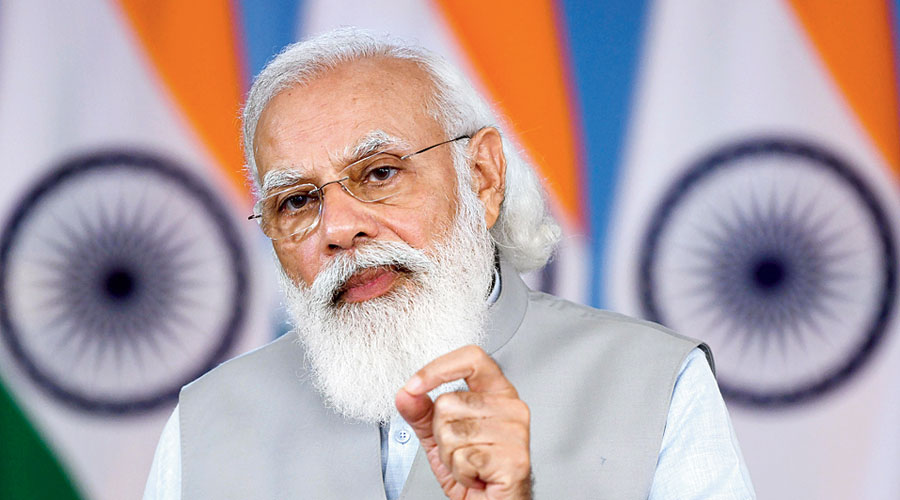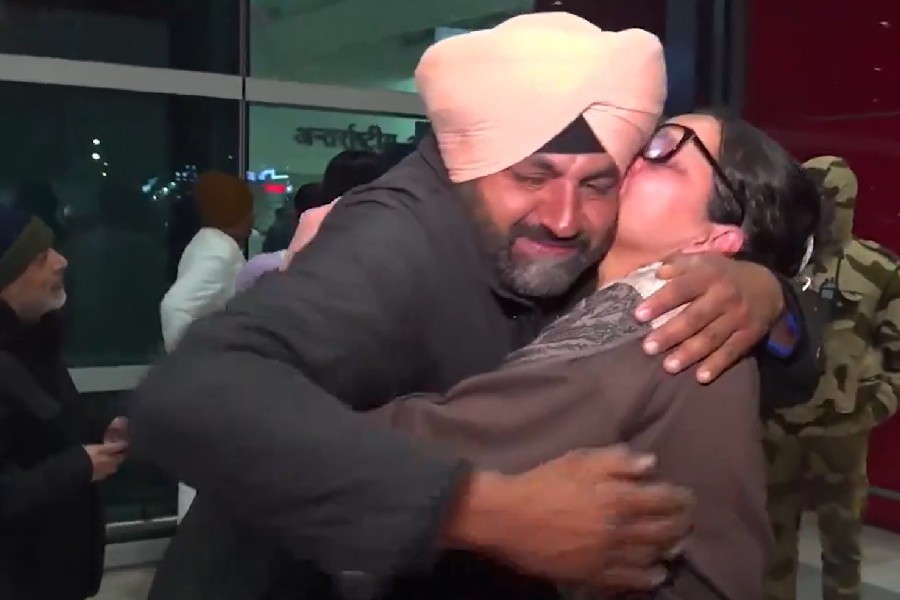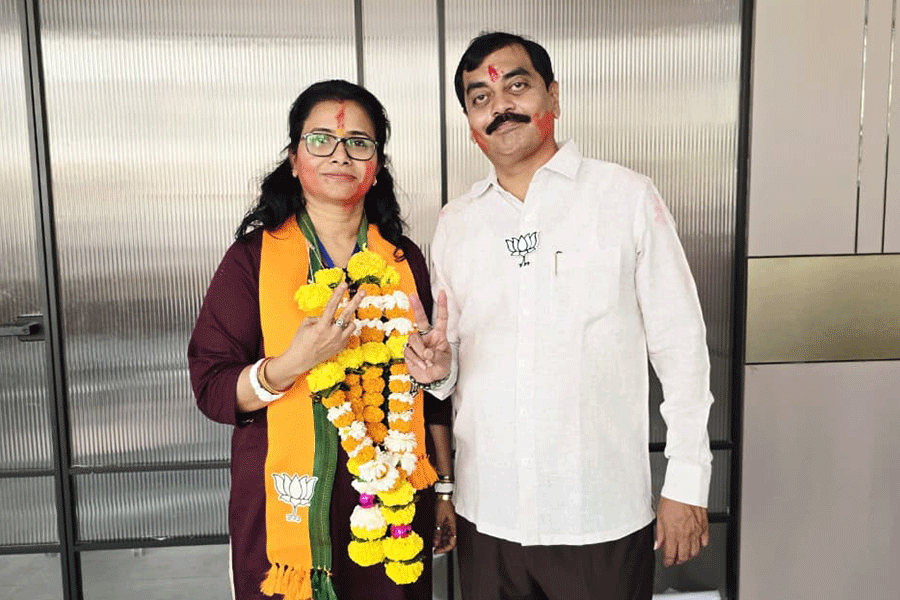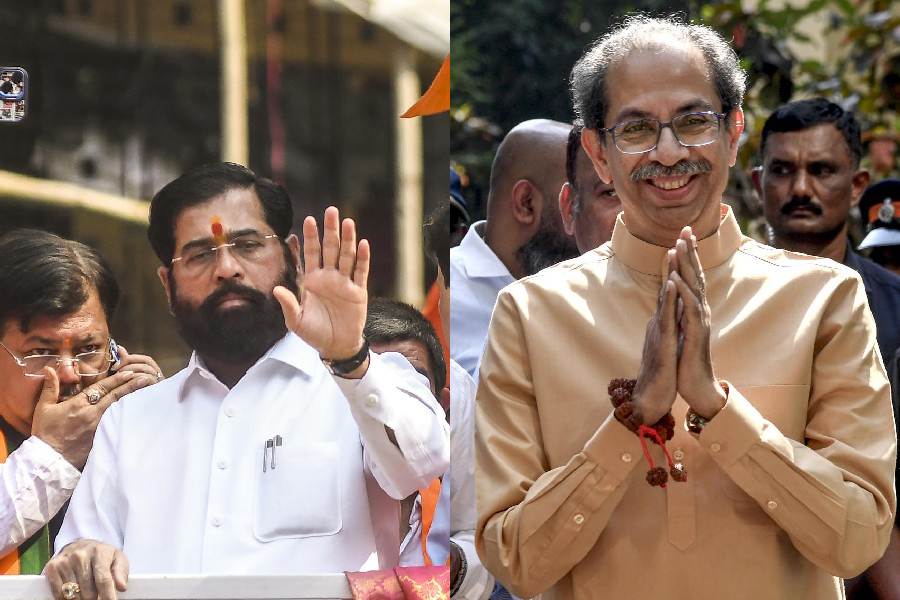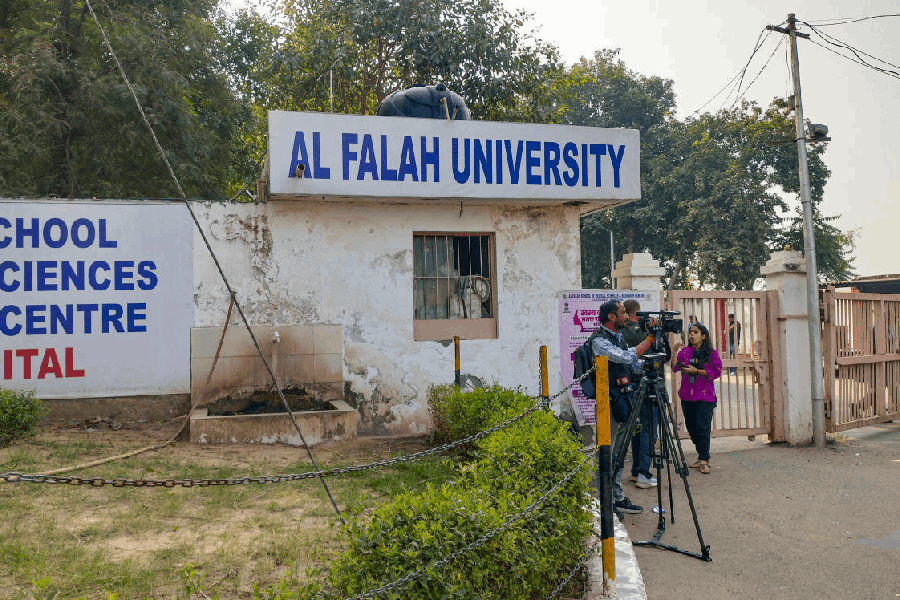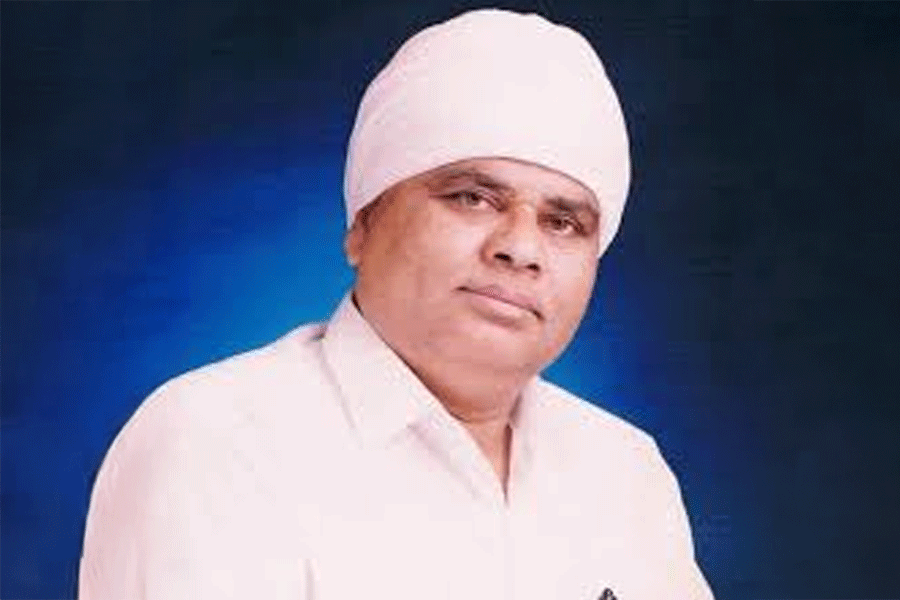Narendra Modi on Tuesday waxed eloquent on how “easily (sehejta se)” students, teachers and parents had taken to online learning amid the pandemic, prompting an academic to say that the Prime Minister “is either unaware of the schooling crisis or is in denial of it”.
A survey released on Monday had revealed that children from the marginalised sections had been largely excluded from Internet education, with students from Classes III to V unable to even read a simple sentence in Hindi or their mother tongue after a year of schools remaining shut.
“Friends, in these times of corona, you all have shown how robust our education system is. There were a lot of challenges, but all of you swiftly got around them. Online classes, group video calls, online projects, online exams — earlier many people had not even heard these words. But our teachers, parents and our youth easily made all these a part of our daily life,” Modi told the education ministry-organised Shikshak Parv conclave attended by teachers and students.
When The Telegraph reached out to academic Jean Drèze, one of those behind the survey whose findings were released on Monday, he said via email: “The PM’s statement today suggests that he is either unaware of the schooling crisis, or (is) in denial of it. Both ways, it is very worrying.”
The Prime Minister stressed on taking online education forward.
“Now is the time to take these capabilities forward and give a new direction to what we have learned in this difficult time. Fortunately, on one hand, the country now has an environment for change and at the same time there is a modern and futuristic policy like the new National Education Policy,” Modi said.
Multiple surveys point to how online education has failed to reach the marginalised and impoverished sections and how they had fallen behind.
Erratic or non-existent Internet in India’s vast hinterland and lack of devices to participate in online classes have together kept millions of children out of the ambit of online learning.
The SCHOOL study released on Monday, guided by academics Nirali Bakhla, Drèze, Vipul Paikra and Reetika Khera, found that about 42 per cent rural children and 35 per cent urban kids of Classes III to V were unable to read a single word of a simple sentence.
The survey pointed out that the reach of online education was extremely limited. The proportions of surveyed children who were studying online “regularly” were just 24 per cent and 8 per cent in urban and rural areas, respectively. One reason for this was that 49 per cent rural households and 23 per cent urban households surveyed had no smartphones.
The parliamentary standing committee on education headed by BJP leader Vinay Sahasrabuddhe has quoted several surveys to underline the limited reach of online education and the learning loss due to school closure since March 2020.
Prof. N.K. Ambastha, former chairman of the National Institute of Open Schooling, said certain improvements had been noticed in the past one-and-a-half years in the expansion of the reach of online education, but there was still ground to cover.
“There is no concrete data on the percentage of pupils unable to access online education. The reach of online education has increased no doubt. Yet there are some villages that may not have sufficient facilities for online education. It is not all success or all failure,” Ambastha said.

